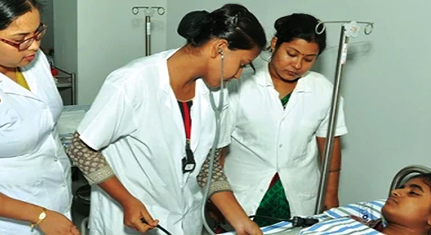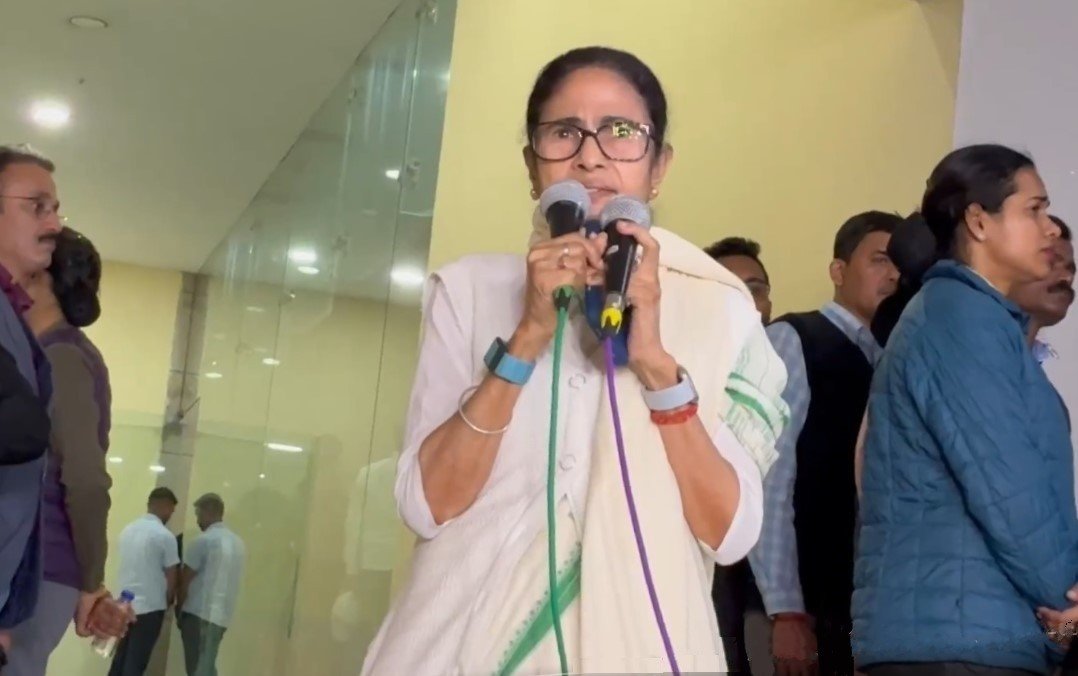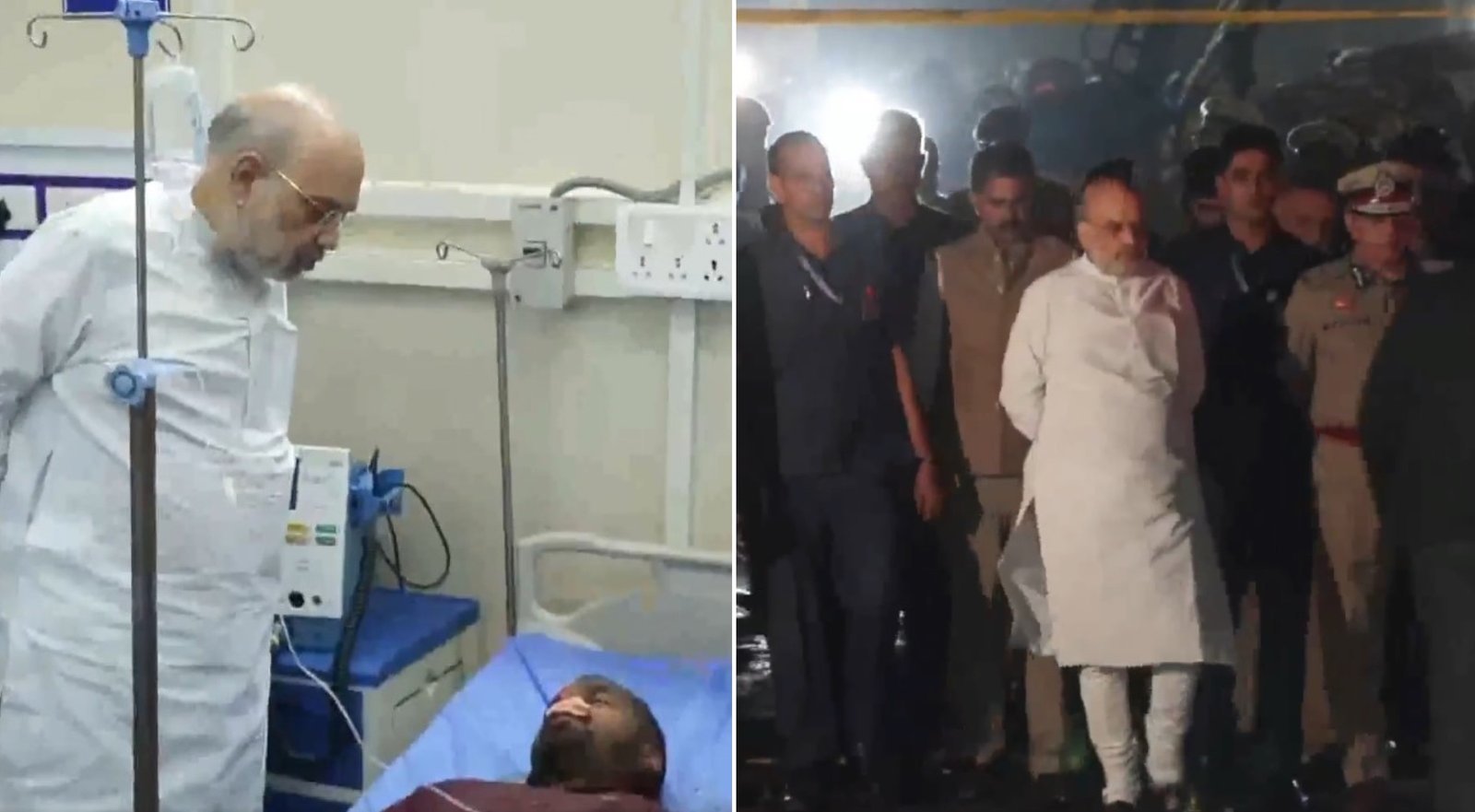Much awaited legislation on nursing might not change much for the profession
- Swapnil Mhaske
- Nov 19, 2020

New Delhi: The proposal of
Ministry of Health and Family Welfare to repeal the existing Indian Nursing
Council (INC) Act 1947 and replace it with the National Nursing and Midwifery
Commission BiIl (NNMC) Bill 2020 which when passed will become the Act, has
been largely welcomed by the para medical professionals. The bills is
currently in the public domain for feedback.
However most of the
professionals from nursing and midwifery say that the new bill will
be of relevance only if it addresses the core issues faced by the entire sector
rather than focus only on one or two aspects like education.
According to Mrs Shanta Dhamale
a retired matron who spend nearly four and a half decades as a senior nurse in
various hospitals, the old act was over 70 years old and the profession along
with the sector has gone through a sea of change, however the professionals
have remained just a second fiddle to the medical professionals.
"There have been so
much evolution in the profession the new act should cover it all along with
concerns of service standards and salary aspects and not only focus on
education aspect which was the main focus of the old act," she said adding
that the working conditions were not very good for nurses and related staff and
if left to the hospital managements, they will never agree to a level playing
field.
Some others in the
profession say that the bill is very vague on the scope of practice, as it does
not provide a vision for if and how nurses and midwives may be considered
professionals as contributors to the healthcare system in the country as
such. "There was a wide demand for licensing of midwives like in western
countries enabling them to practice independently, however any such thing is
missing from the bill," said one senior nurse who specializes in
assisting obstetricians.
The bill in its current
form seeks to standardize entry and exit into the profession by conducting
common tests called National Nursing and Midwifery Entrance Test and the
National Exit Test. It is directed towards professionalizing the nursing
services by defining the different nursing cadres and standardizing their
nomenclature and scope of work according to the International Standard
Classification of Occupations (ISCO).
In the old INC act there
were provisions for an elected representative from each state council, the
newly proposed national nursing and midwifery commission has limited state
representation from six zones, as per the zonal distribution of state and union
territories. In the draft bill, the country is divided into six zones and
representatives from various states will be appointed to the council only in rotation,
which means there would be no equal representation of states.
The nursing and midwifery
advisory council is the only body under the bill that is represented from all
the states. However, the members of the advisory council are not elected by the
nursing and midwifery professionals. Instead, they are nominated by the Centre
and state governments. Further, as the name suggests, the council is an
advisory body with no decision-making power.
The bill proposes that the
the Centre will nominate most of the members of the regulatory bodies to be
constituted under the Bill. Assisted by a seven-member search-cum-selection
committee, also nominated by the Centre, it will have the power to select the
chairperson, secretary and members of the national nursing and midwifery
commission, and the president and full-time members of the four autonomous
boards. There is no representation of members elected by the nursing fraternity
something that will be totally against the interests of the fraternity.
The bill also disappoints in terms of the practice aspect as it dwells less into standardizing and regulating the nursing and midwifery professions and more to regulate their education.











Reporter
Swapnil Mhaske is a budding reporter with keen eye for news worthy content.
View Reporter News